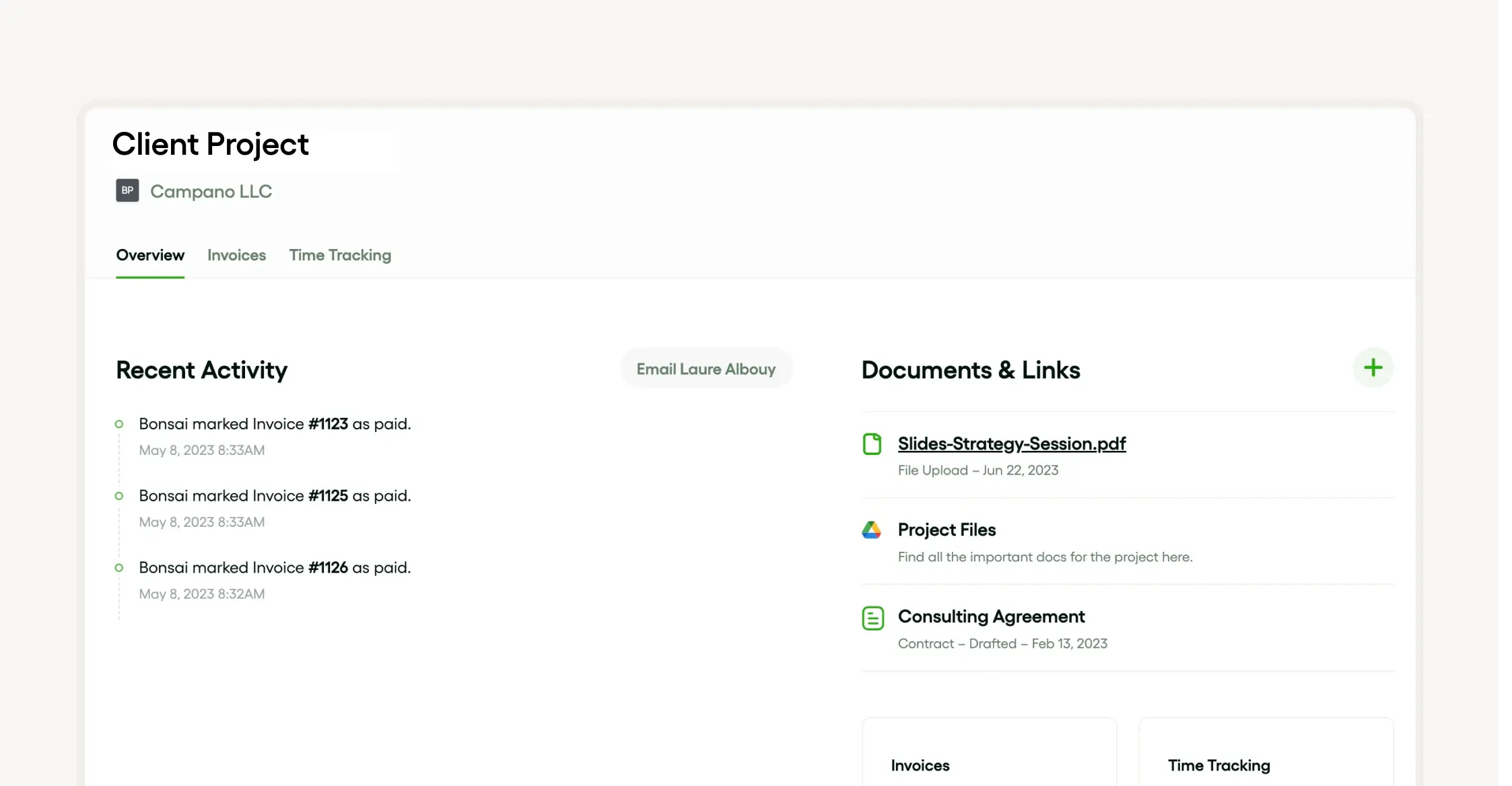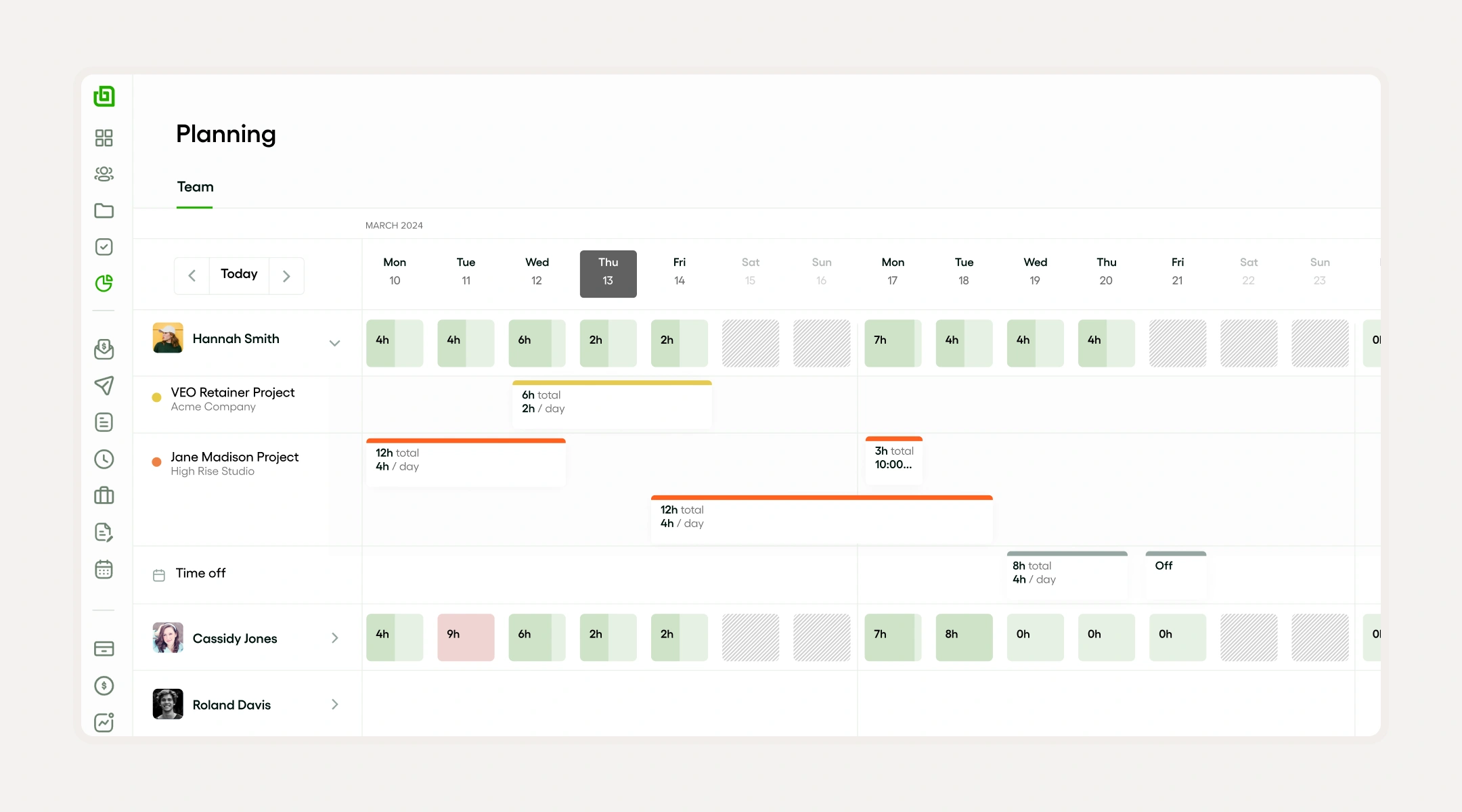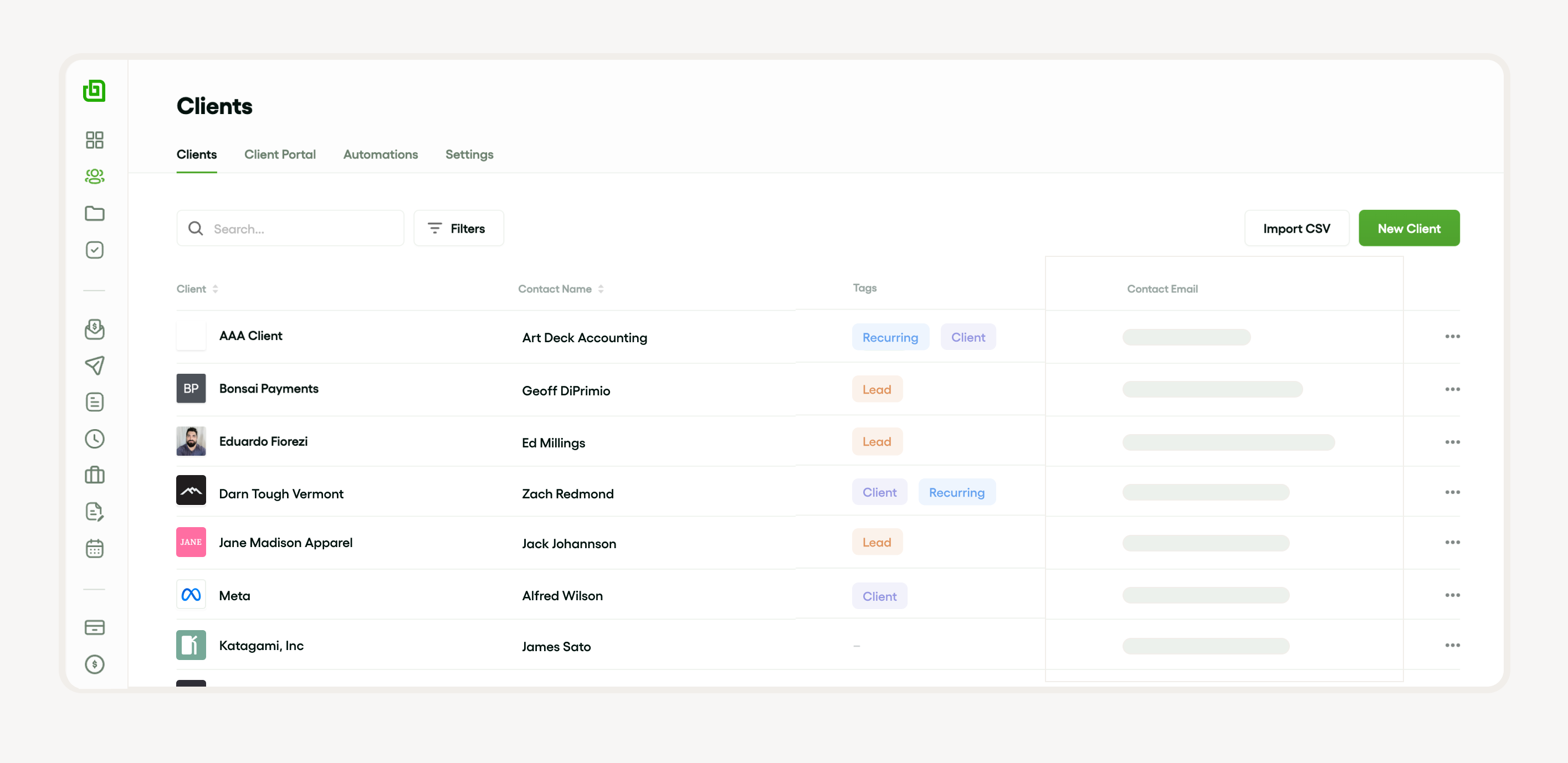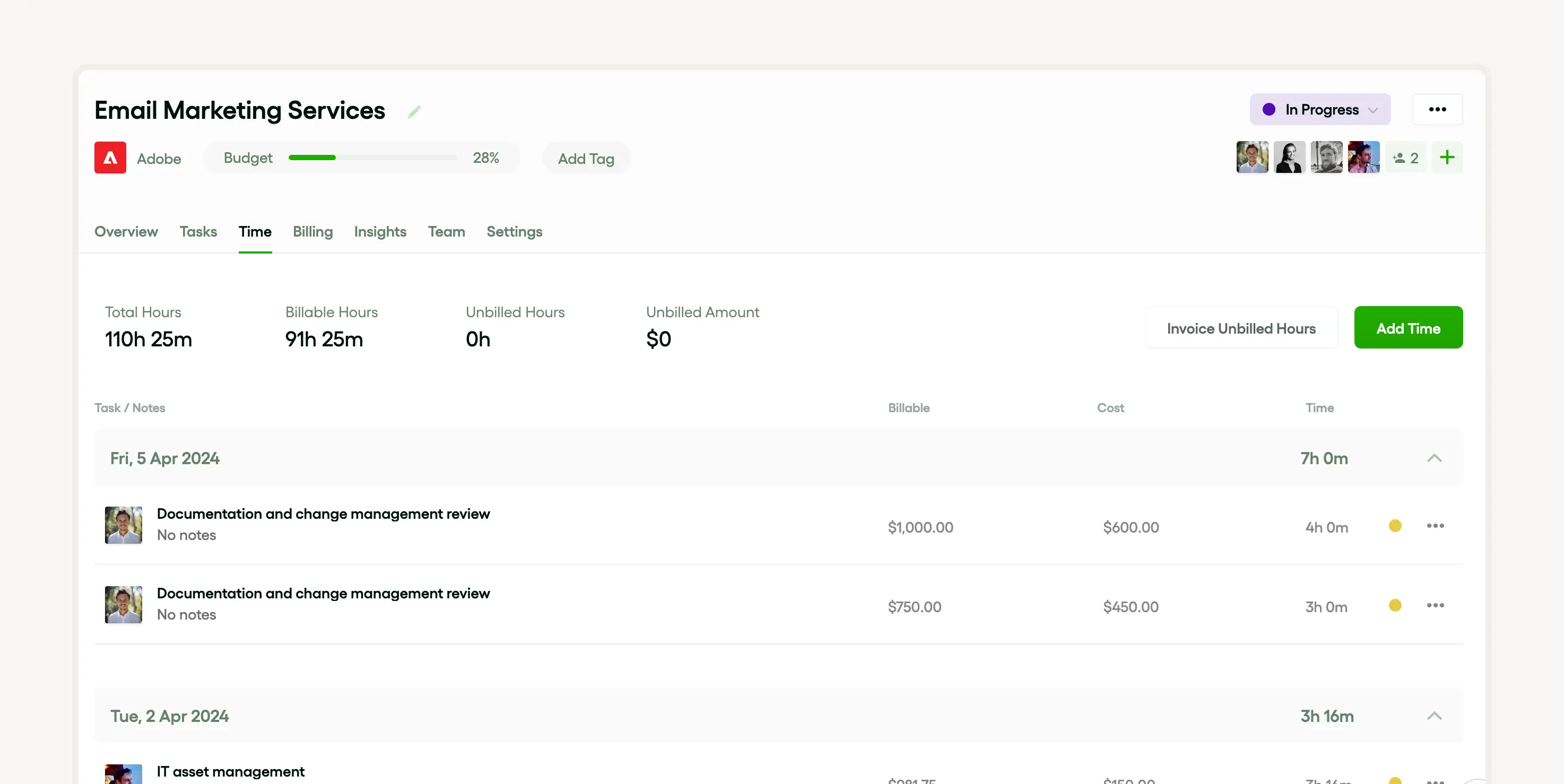The success or failure of an agency is dependent on how you treat your clients. Meet their needs. Communicate clearly. Give them the quality services they demand and expect, and you’re almost certain to succeed. But if your clients feel left out of the loop, or if their expectations aren’t met, your agency will suffer.

Agency account management has a huge role to play here. It’s all about managing relationships. Building them up. Gaining the trust and confidence of your clients and delivering the very best services. In short, it’s invaluable for any agency, big or small. In this guide, we’ll dig deeper into agency account management, and explain how you can fine-tune your approach for optimal returns.
What is agency account management?
To begin, a brief definition. Overseeing and managing client accounts. In a nutshell, that’s what agency account management is all about. It involves a broad range of processes, usually reserved for account managers and executives. The end goal of these processes – like onboarding and nurturing client relationships – is to build client loyalty and secure repeat business.
What does it involve?
Agency account management is relatively deep and complex. It’s can be tricky to understand at first. That’s especially true for those who are just starting out with a brand-new agency and don’t quite know how to begin. So, let’s look at the various processes and responsibilities involved with account management for agencies.
Bridging the gap between clients and the agency
Agencies work for their clients, aiming to provide the services and solutions they require. However, too often, clients feel completely left out of the process. They’re cut-off and separated from the agency itself, which can foster fears and doubts about whether their needs are truly being met.
Agency account management is all about assuaging those fears and doubts. Account managers provide a link between the client and the agency, bridging the gap that separates them. They serve as a client’s go-to person for questions, queries, feedback, and more.
Checking in with clients to monitor their satisfaction levels
Naturally, given that agency account management is all about making sure clients’ needs are being met, a big part of it involves communication. Account managers will often have meetings, calls, and check-ins with their clients to see how they feel.
During these meetings, managers can inform clients about the latest updates with their projects. They can also see how happy clients are with the service they’ve received so far, and ascertain if any changes or additional services are required.
Identifying and solving client problems
Sometimes, clients will be perfectly content with the services your agency has provided. But they might also have small issues that need resolving. Another crucial cornerstone of agency account management is to identify client problems and find ways to fix them.
Clients can report issues to their account managers. The managers can then relay those issues to the rest of the agency team, who can get to work on a fix. This all helps to ensure that clients aren’t left with lingering problems and unsatisfying experiences for too long.
Coordinating agency efforts to meet client needs
Often, account managers won’t just relay information from clients to the rest of the agency team and then leave them to find a solution. They’ll take an active role in that process, working side-by-side with their colleagues to ensure the client is satisfied.
Some may even take on a leadership role, guiding and directing other agency teams to solve a client’s problems. In effect, they’re not just serving as the liaison between client and agency. They also act as the client’s representative, always keeping their best interests in mind.
Nurturing long-term client relationships
The primary long-term goal of agency account management is to build and nurture positive, long-lasting client relationships. It’s about making clients repeatedly return to your agency and invest in your services.
To do so, make sure that clients have the most positive and enjoyable experiences when working with you. That involves all of the processes listed above – regular communication, problem-solving, and making sure that clients are updated and informed on what’s going on.
Upselling and expanding client investment
Another aspect of agency account management is the process of upselling and expanding a client’s investment in your agency. In other words, it’s about encouraging clients to purchase additional services you have to offer and maximizing the amount of money they spend with you.
Perhaps you run a marketing agency, for example, and a client comes to you to help with their PPC social media marketing. Your account managers could gradually offer them additional services that might suit their situation, like email marketing or SEO.
Onboarding new customers
Agency account management also revolves around onboarding new clients. This may involve explaining how your services work or guiding clients through the use of systems available to them, such as client portals.
This is crucial, as clients often decide early on whether or not they want to work with an agency in the long-term. If they have a pleasant and positive onboarding experience, they’ll be much likelier to stick around and invest in other services.

Important roles in agency account management
Clearly, there’s quite a lot that goes into agency account management. Your agency may, therefore, require multiple people in the account department to effectively manage accounts and build strong long-term client relationships. Those people may fulfill a range of roles, from junior, entry-level agency account management to more senior and advanced positions.
Account executive
The account executive, or AE, is usually the most junior-level role in agency account management. It’s ideal for those who are new to agency work, as it generally involves management of quite simple day-to-day admin tasks. That may include booking in meetings with clients (which more senior account managers will be involved in), taking notes, and supporting client reports.
Account manager
The next step up from account executive is the account manager. These are the people who do most of the liaising between clients and agencies, often with the help of one or two executives. They serve as a client’s primary port-of-call with the agency, ready to answer their questions and relay their concerns to the team.
Senior account manager
As account managers gain skills and experiences, they may eventually take on senior account management roles. A senior account manager, or SAM, is generally the head of the account management department. They may serve as managers for the most valuable and crucial accounts, or simply act as overseers for the rest of the management staff.
A SAM’s role may also include development and implementation of new account management processes. In other words, it may be their responsibility to find ways to improve client relations and make account management even more optimized and streamlined. They may also be involved in providing feedback and appraisals for account managers and executives.
A lot of smaller agencies and startups may not necessarily need senior account managers (or account directors, explained below). You may be able to get by with executives and managers alone. However, as your firm grows and takes on additional clients, with more valuable client relationships and accounts to manage, senior managers may be needed.
Account director
At the very top end of the agency account management pyramid, we have the account director, or AD. ADs tend to be the most experienced members of the account management department, responsible for account management strategy and development. In other words, they do a lot of what a SAM would do, but at a higher level, without much or any day-to-day account management.
The importance of agency account management
We’ve seen what agency account management involves, and looked at the people who are responsible for it. But you might be wondering how important this all is, and what kind of benefits it can bring to your agency. Next, we’ll explore the value of strong agency account management, as well as covering some of the risks that poor management can bring.
Ensuring that client needs are met
As explained above, one of the purposes of agency account management is to check in with clients and verify their needs are met. Ultimately, that will have a big influence on your agency’s success. It helps to ensure that your clients feel heard and that they get the services they truly need.
Without proper agency account management, your clients could suffer from problems that you’re not fully aware of. Alternatively, you might waste time, energy, and resources providing services that aren’t entirely adapted or suited for their situation.
Building loyal, long-term clients
One of the key goals of every agency should be to get as many loyal clients as you possibly can. If you can do that, you should find it much easier to enjoy long-term stability and steady profits. Plus, it’s often easier to work with repeat clients, as you’re already familiar with their needs and situation.
Agency account management is the key to fostering those long-term, loyal relationships. By checking in with clients, communicating with them clearly, and providing solutions to their problems, you’ll give them reasons to trust and favor your firm.
Improving your chances of repeat business and recommendations
Following on from the previous point about building long-term relationships, strong agency account management can also be crucial in securing repeat business and recommendations. A long-term client will come back, time and again, and all that business adds up.
In many ways, repeat business is the lifeblood of modern agencies. Many rely on their most loyal clients to keep them afloat as they gradually expand and bring new customers on board. As an added bonus, loyal clients often provide free marketing – they’ll recommend your agency to their network, potentially generating leads for you.
Maximizing profit potential
Making money. Ultimately, that’s the No. 1 aim of any business. You have to bring in a certain amount each year. It covers your expenses. It pays your staff. It provides you with a profit. Efficient agency account management has a huge part to play here.
Make mistakes with your account management, and you’ll quickly lose clients and suffer reputational damage, too. But get it right, and you’ll have steady income. Plus, efficient account management can also be the path to upselling, getting even more investment from your biggest and best clients.
Efficient allocation of agency resources

Every agency has a finite amount of resources to spend. That applies even to the biggest and most successful firms around. They’re all limited in some way when it comes to time, manpower, and energy. They have to spend those resources with care to optimize their agency’s operations.
It’s not always easy. Especially if you’re not 100% aware of what your clients want. If you’re not aligned with their needs, you could waste resources in areas they’re not needed. By connecting with clients – through account management – you can use your resources optimally and efficiently.
Tips and tricks to improve agency account management
With so many big benefits to offer, the importance of agency account management can’t be understated. It’s imperative that you provide top quality account management services to keep your clients happy. But that’s not always easy. Below, we’ll look at some useful tips and tricks, as recommended by industry experts, to improve your agency’s account management.
Invest in useful software
The first and perhaps most important tip of all is to make sure your account managers have the software they need to do their work. There are lots of tools and technologies out there to aid account management, and the more tools at your disposal, the stronger your service will be.
An agency client portal, for example, makes it easier for your clients to connect with account managers and track the progress of their projects. Other pieces of software, like a CRM and a scheduling app, will also help with this. Research your options and find the ideal solutions to use. Bonsai has all these features, allowing you to save time and cut costs by using one only software.
Enhance client collaboration with a branded client portal
Bonsai’s Client Portal acts as a bridge between your agency and your clients, providing them with a transparent view of their project's progress.
This allows clients to access real-time updates, review milestones, and monitor the overall progress of their projects, which significantly enhances client engagement and satisfaction. It serves as a crucial element in project management, ensuring that clients feel involved and valued throughout the development process.
Centralize your client informations in one place
Centralize all your client interactions and information with Bonsai’s CRM, ensuring every client detail is managed from prospect to payment in one place. Enhance client relationship management by keeping track of all interactions, notes, and important project details. This allows your account managers to provide personalized and efficient service.

Enhance your client relations with Bonsai’s CRM
Get more client booking with Bonsai's Scheduling Tool
Bonsai’s Scheduling tools make it easy for your clients to book appointments when you’re available. You can charge for sessions upfront to ensure payment is secured before the service is delivered and reduce no-shows. Sync all your calendars to Bonsai to prevent double-booking and manage your availability accurately.
Discover Bonsai's easy-to-use scheduler
Communicate with your clients to understand their needs
Communication is invaluable in agency account management. It’s only through communicating with clients that you understand what they want and how you can help them. Communication also reinforces the bonds between your agency and its clients, making them feel valued and cared about.
Don’t neglect it. Make communication a cornerstone of your account management strategy. Talk to clients on a regular basis, right from the moment they come on board. Ask them questions, learn as much as you can, and use that to inform your next steps.
Establish account management roles and responsibilities
Naturally, an agency’s account management department will tend to work much more smoothly and efficiently if it has a clear structure. Your account managers, executives, and other team members need to know their roles and responsibilities.
Take the time to establish a clear structure and hierarchy for the account management department. Assign duties accordingly, and let account managers know which accounts they’re responsible for and who their points of contact should be among the other teams.

Schedule calls with clients for upselling and checking in
We’ve already spoken about the importance of communication. However, it’s important to note that communication isn’t only reserved for onboarding new clients or asking them about problems. It’s also recommended to check in with your clients often, simply to see how they’re getting on.
This is particularly useful for those long-term clients who have been investing in your services for a while. Don’t simply assume that they’re happy, just because they haven’t reached out to you. Schedule regular calls and see if there’s anything more you can do for your clients. This is also a great opportunity to upsell additional services.
Monitor metrics to track your success
In almost every aspect of your agency’s operations, it’s important to be able to track and measure your success. That goes for agency account management, too. There are multiple metrics that you can monitor to see how well your account management is working, and if there’s anything that needs improving.
Some of those metrics, or KPIs (Key Performance Indicators) include:
- Retention rate: A measurement of how many clients you manage to retain after a certain period, or those that return to you for additional projects and services.
- Satisfaction score: A measurement of how satisfied clients are with your services.
- Promoter score: A measurement of how likely a client is to recommend your agency to people and businesses they know.
- Upsell rates: How well you manage to upsell clients and provide them with extra services on top of their initial investments.
- Response times: How quickly your account managers respond to client messages and queries.
- Lifetime Value: A measurement of how much money a client will provide for your agency over the duration of your entire working relationship with them.
There are various ways you can measure these metrics and compare them with industry averages. That’ll help you spot areas where you’re doing particularly well, along with possible points of weakness that need addressing. Maybe your upsell rate is a little low, for example, so you can put more time and energy into fine-tuning your upselling approach.

Look to the future to predict your clients’ changing needs
It’s natural that clients’ needs and situations may change over time. Their businesses might scale up or down, for example, or industry tends may impact their needs. If you can predict and pre-empt those changes, you can provide an even better account management service.
Encourage your account managers to look into industry trends and consider the potential future situations of your clients. Think about how you can adapt your services (or offer extra services) to help clients grow and evolve with the times.
For example, let’s say you run a software development company and have made several web apps for a particular client. You might find that emerging technologies – like AI – could give your client the edge over the competition. Therefore, you could discuss the idea of implementing AI into their next app.
Master agency account management to fuel agency success
Strong agency account management is absolutely crucial in your quest for growth and success. If you can manage accounts in an efficient and effective manner, your client satisfaction levels should skyrocket. That leads to more long-term clients, more repeat business, more recommendations, and, ultimately, more profits.
As stated above, there are many ways to master agency account management. It’s particularly important to ensure that your account managers have the right tools for the job. Useful all-in-one software suites, like Bonsai’s agency software, is a terrific option packed full of features to make account management easier. Contact the Bonsai team today to learn how it can help you.






